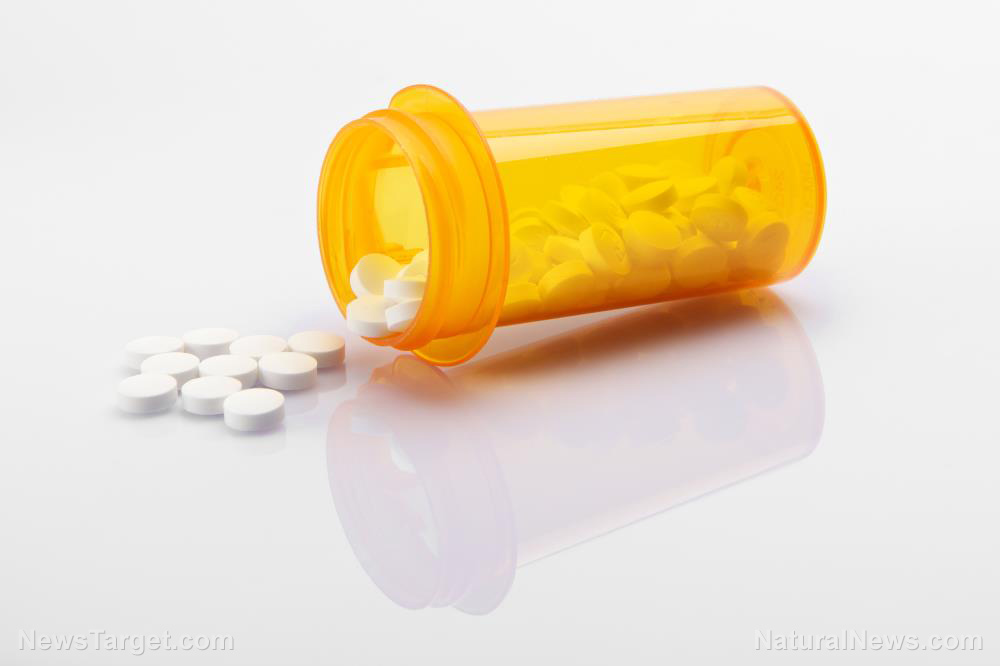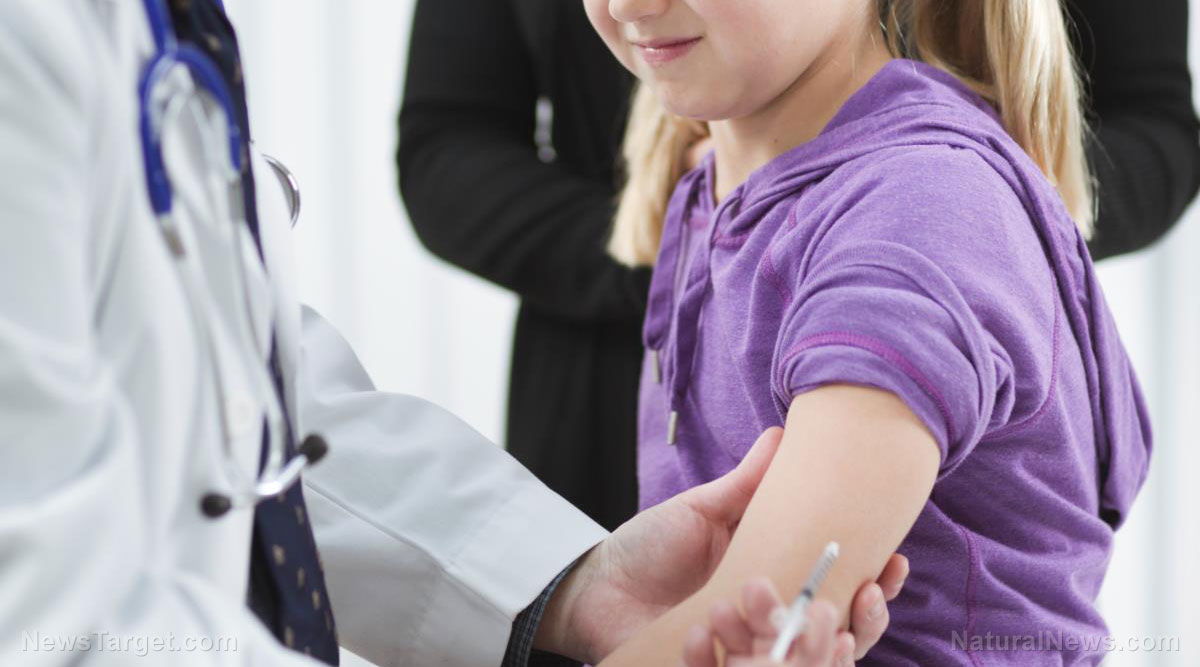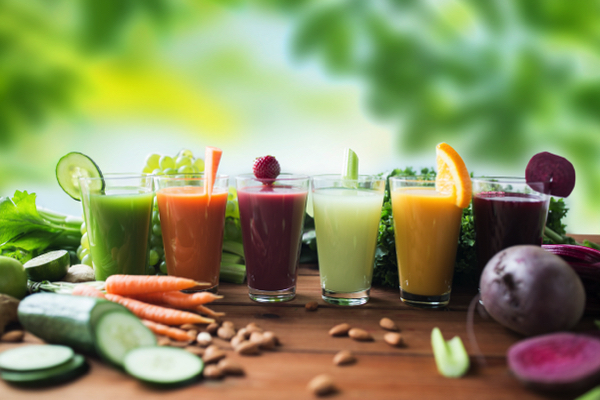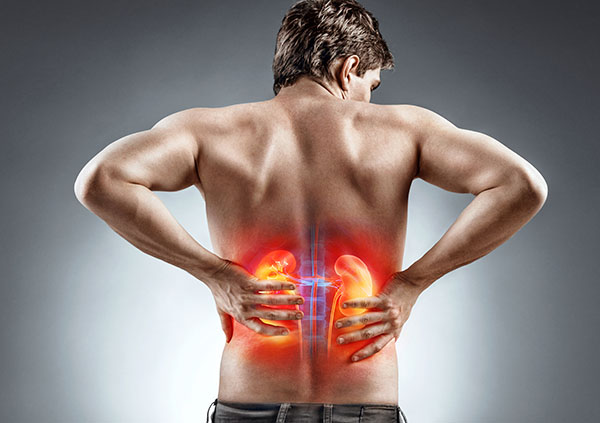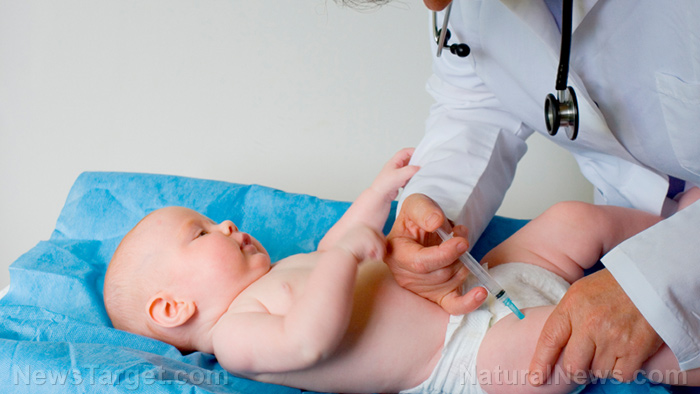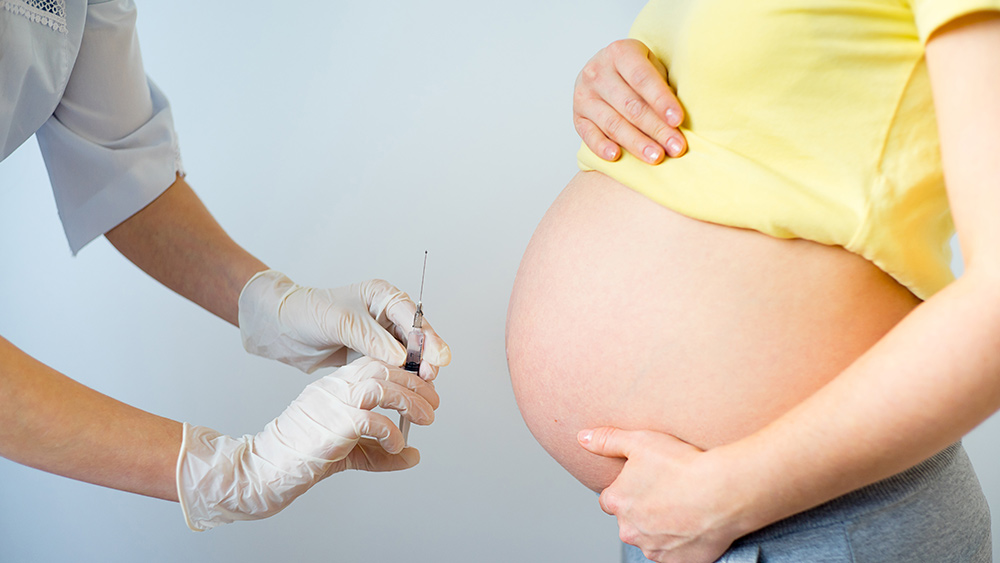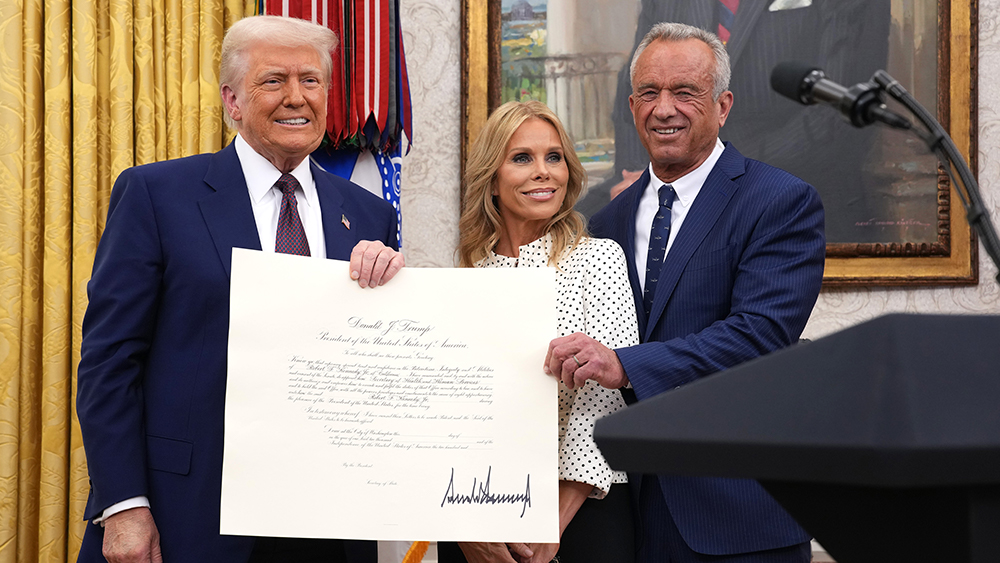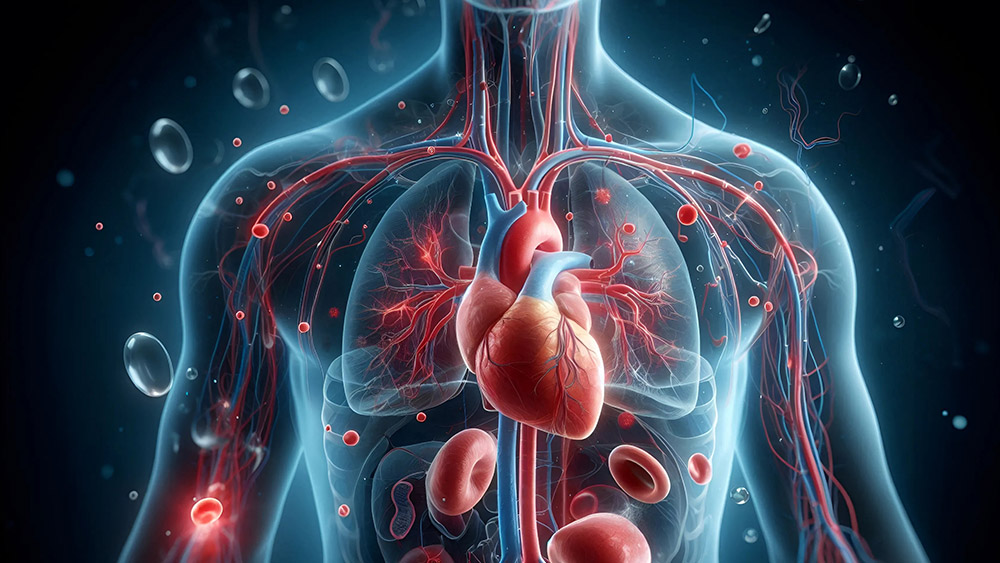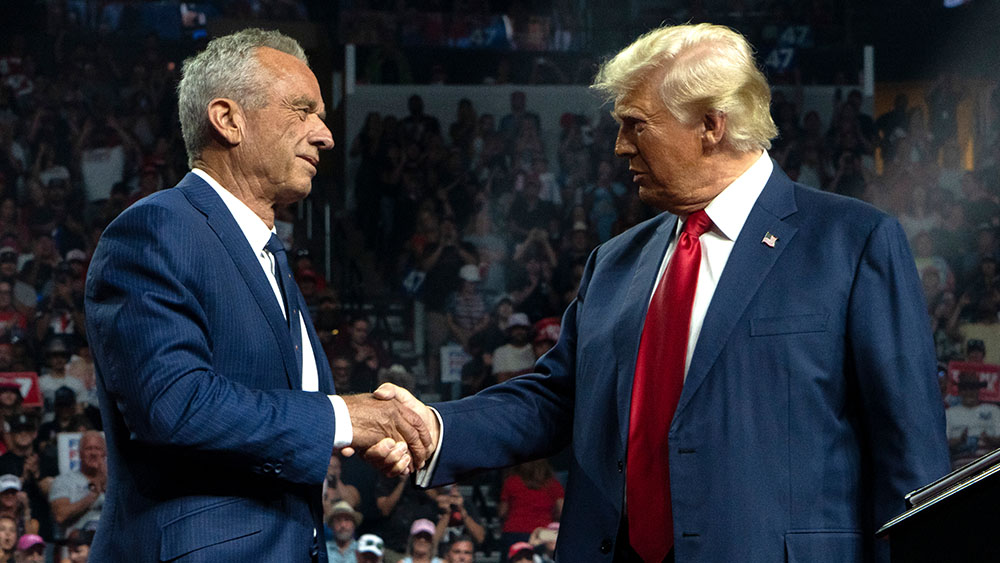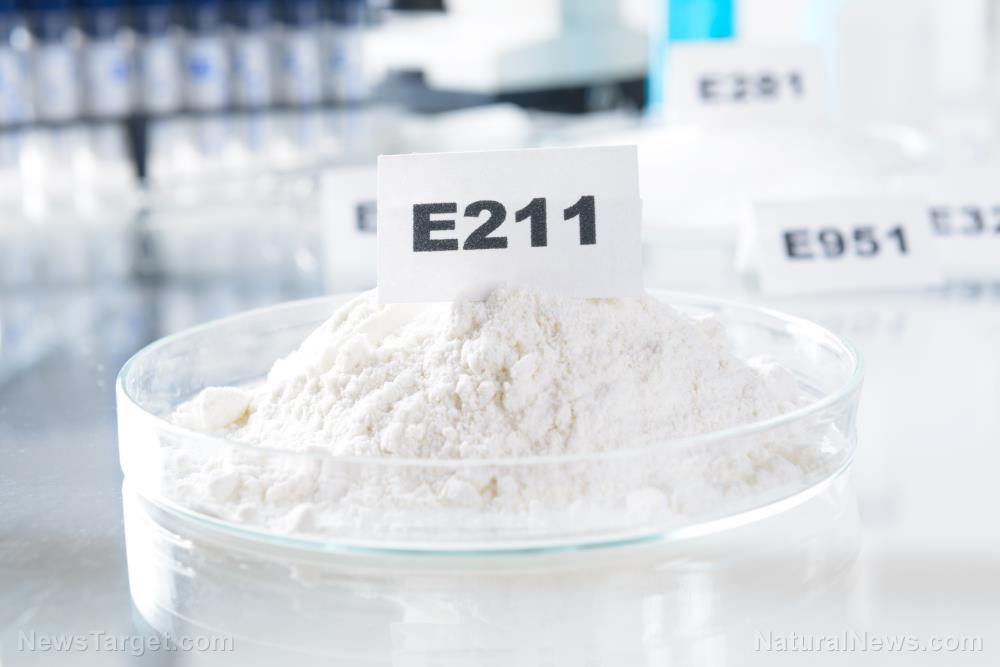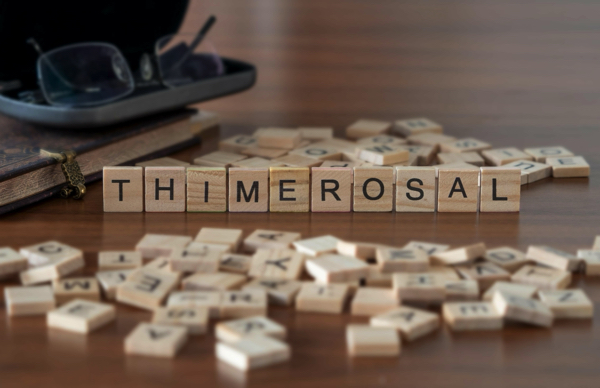Classical music’s hidden power: Predictable rhythms may naturally regulate blood pressure
09/09/2025 / By Cassie B.

- Music with predictable patterns can naturally regulate blood pressure by synchronizing with cardiovascular rhythms.
- Classical piano compositions, especially those with clear phrasing, showed the strongest effect in lowering blood pressure.
- Biological entrainment — the body’s sync with external rhythms — strengthens the natural ability to regulate blood pressure.
- This drug-free approach offers a safer alternative to Big Pharma’s side-effect-laden hypertension medications.
- Future applications could include personalized music therapy as a preventive measure for heart disease.
What if the key to managing high blood pressure wasn’t found in a pharmacy, but in a concert hall? New research presented at the European Society of Cardiology Congress 2025 reveals that predictable musical patterns — particularly in classical piano compositions — can synchronize with blood pressure, potentially offering a drug-free way to regulate cardiovascular health.
The study, led by Professor Elaine Chew, a pianist-turned-engineering professor at King’s College London, monitored 92 participants as they listened to nine piano performances with varying degrees of musical predictability. The results were striking: blood pressure responded most strongly to music with clear, predictable phrase structures, particularly when volume changes were easy to anticipate.
This isn’t just about relaxation; it’s about biological entrainment, the body’s natural tendency to sync with external rhythms. And for those tired of Big Pharma’s endless push for expensive, side effect-laden medications, this could be a game-changer.
The science behind the symphony
The study found that blood pressure synchronized more with loudness than tempo, meaning the dynamic swells and softening in music had a greater impact than just the speed of the notes. The most effective piece? Harold Bauer’s performance of Franz Liszt’s transcription of Franz Schubert’s Serenade, a composition with highly predictable phrasing that allowed listeners’ bodies to anticipate and align with the musical structure.
“This research tells us that more predictable music phrase structures have a bigger impact in regulating the cardiovascular system,” Chew stated in a press release.
But how does this work? The answer lies in entrainment, the same phenomenon that makes people tap their feet to a beat or row in unison. When the brain can predict musical patterns, the body’s baroreflex sensitivity (its ability to regulate blood pressure) appears to strengthen.
Dr. Nisha I. Parikh, a cardiologist at Northwell Health in New York who was not involved in the study, was enthusiastic about the findings. “I think many of my patients would welcome this type of nonpharmacologic treatment for high blood pressure,” she told The Epoch Times. “I would be thrilled to be able to offer music as a hypertension therapy.”
A natural alternative to Big Pharma’s failures
For years, Big Pharma has pushed blood pressure medications with dangerous side effects ranging from chronic fatigue and dizziness to kidney damage and increased risk of falls in the elderly. Yet despite billions spent on these drugs, hypertension remains a leading cause of heart disease and stroke.
This study suggests that music therapy could be a safer, more natural alternative — one that doesn’t require a prescription or come with a laundry list of warnings.
Chew’s team used classical piano music for its controlled structure, but the principles could apply to any music with clear phrasing. The key is predictability — something modern pop music, with its erratic beats and synthetic production, often lacks.
“Throughout time and across cultures, humans have moved and grooved to music,” Chew noted. “There are likely to be biological and social advantages to being able to coordinate our actions to an external rhythm, such as people on a boat synchronising their rowing.”
Could this be the future of heart health?
The implications are huge. If further research confirms these findings, we could see:
- Personalized music prescriptions tailored to an individual’s blood pressure needs.
- Non-invasive, drug-free therapies for hypertension, reducing reliance on pharmaceuticals.
- A shift in how we view preventive medicine, moving away from profit-driven pills and toward natural, accessible solutions.
Chew is optimistic: “In the longer term, one day we may be able to use music to prevent heart disease or slow, arrest, or reverse its progression.”
For those skeptical of Big Pharma’s dominance over healthcare, this research is a refreshing reminder that sometimes, the best medicine doesn’t come in a bottle; it comes in the form of a beautifully structured symphony.
So the next time you’re stressed, skip the pharmacy. Put on some Schubert, Liszt, or even a well-structured jazz or pop piece, and let your body find its natural rhythm. Because when it comes to your health, the best solutions might just be the ones that have been harmonizing with humanity for centuries.
Sources for this article include:
Submit a correction >>
Tagged Under:
alternative medicine, blood pressure, classical music, discoveries, health science, heart disease, heart health, hypertension, music therapy, natural cures, natural health, natural medicine, Naturopathy, real investigations, remedies, research
This article may contain statements that reflect the opinion of the author


